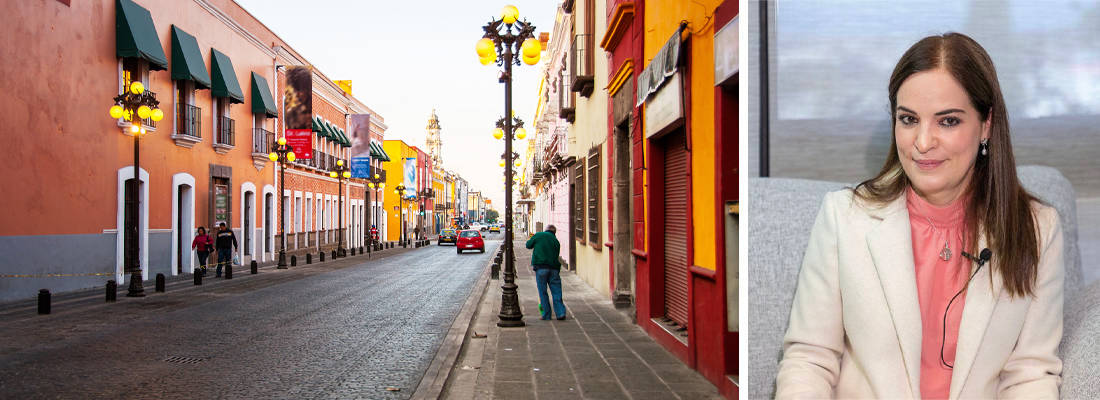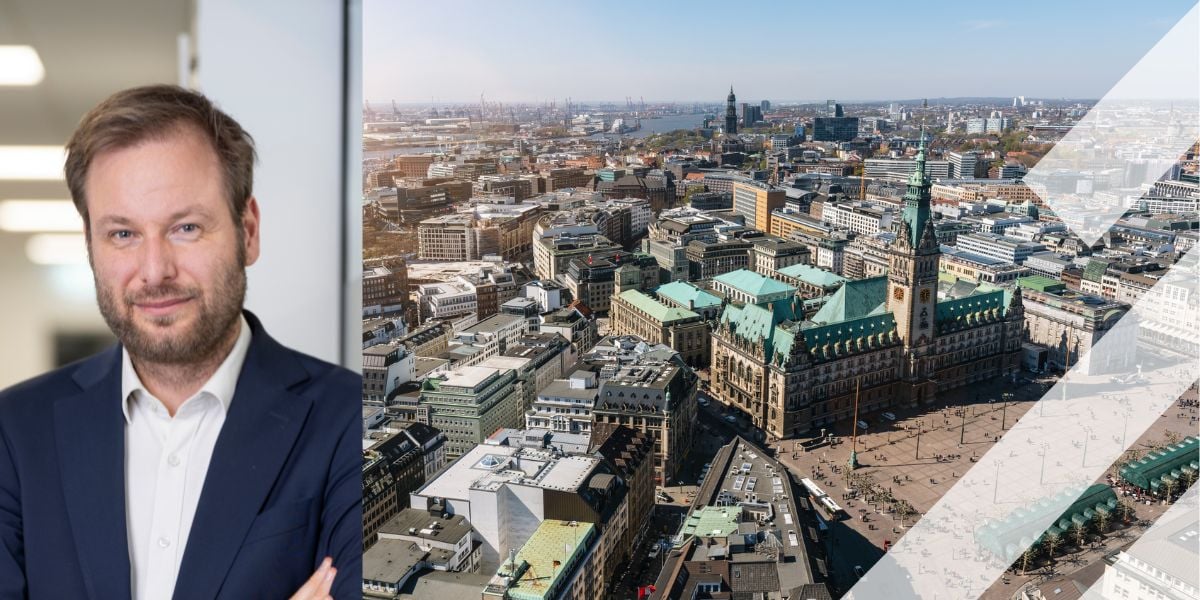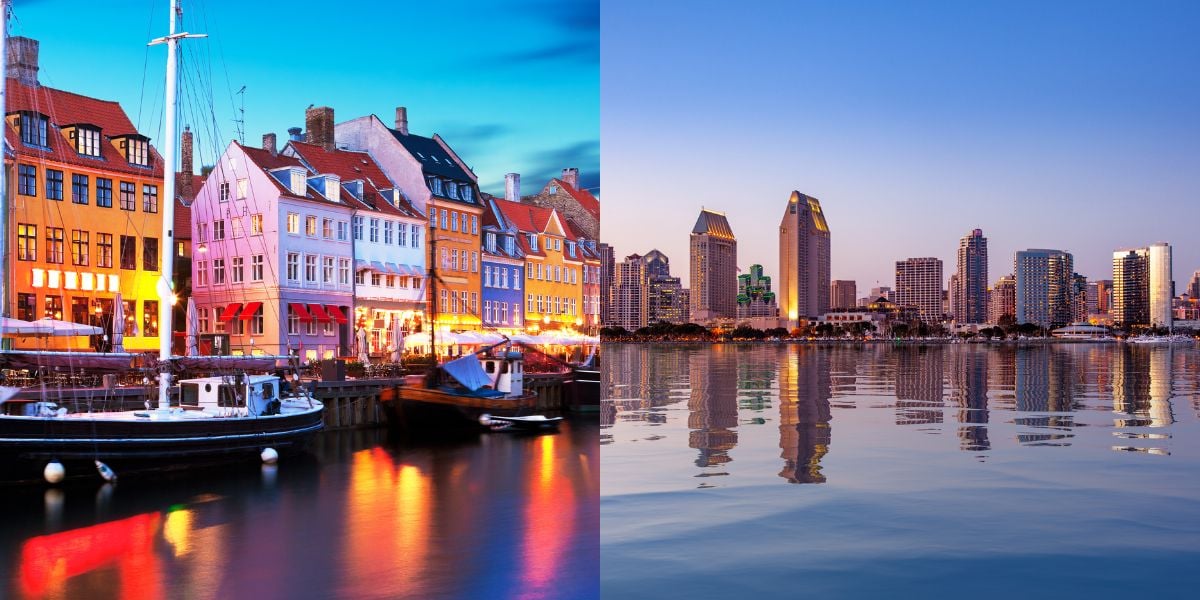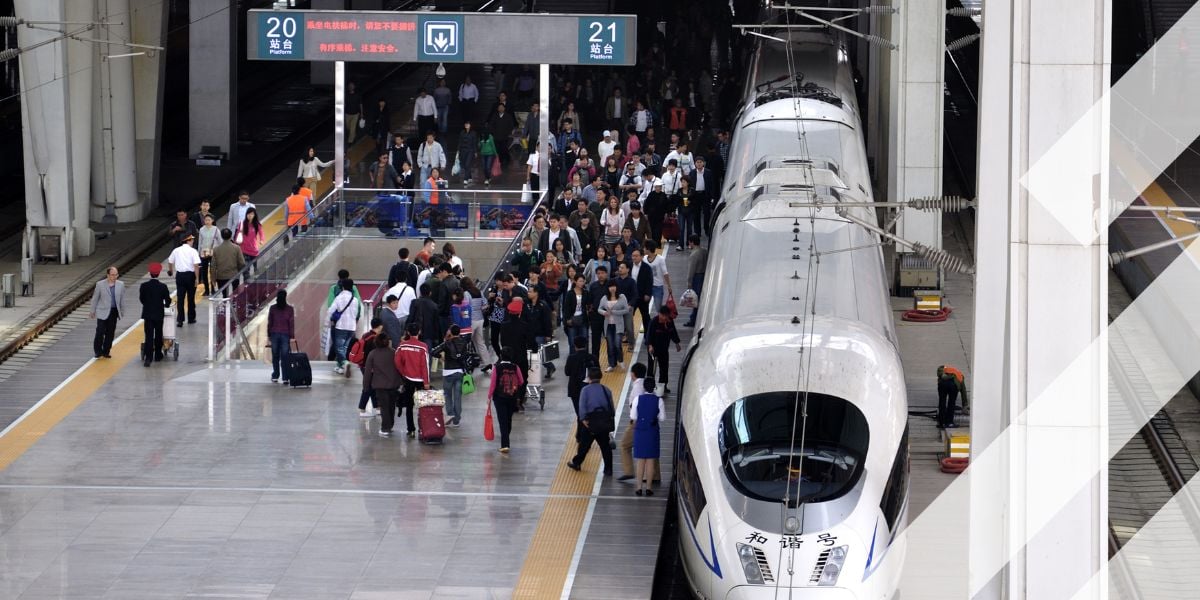It depends what you mean by smart...
Intertraffic talks to Elsa María Bracamonte González, Mobility & Transportation Secretary for the State (and city) of Puebla, Mexico
The mission: ahead of November’s Intertraffic Mexico 2022 speak to some senior figures behind five of Mexico’s smartest cities and find out not only what makes those cities smart but why those officials are happy to call their cities smart. So, when the answer to our first question: “What is it about your city that makes it a smart city?” is “To be honest, it isn’t” it doesn’t necessarily bode well for the rest of the interview.
However, Elsa Bracamonte, Secretary for Mobility and Transportation for the State of Puebla, is just being 100% frank and open – and, of course, it rather depends on what you mean by smart.
There are dozens of definitions of the smart city but one that has always resonated is “A smart city is a city that if you poke it, it reacts.” If we use that definition then Puebla (the city and the State) is undeniably smart.
Puebla, 130km south-east of the capital Mexico City, is a city with a rich and varied history, being founded in 1531 before undergoing a series of name changes (initially Heroica Puebla de Zaragoza, then Puebla de Los Angeles). It is Mexico’s fourth-largest city by population and the fourth-largest Metropolitan idea and serves as one of the main hubs for Central Eastern Mexico. Home to some of the country’s most prestigious universities it is also the location for the largest Volkswagen factory outside Germany, and the Audi factory in nearby San José Chiapa is recognised as the most technologically advanced car assembly plant in the western hemisphere.
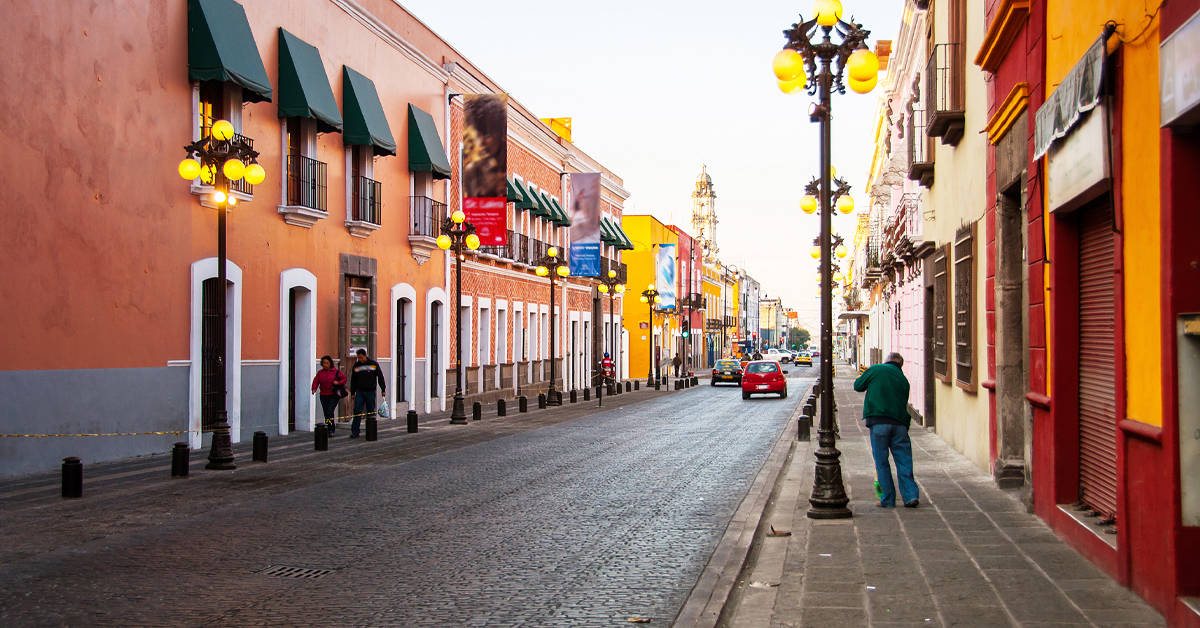
Consider the scene set, but what of Elsa Bracamonte and her opinion that her city doesn’t necessarily deserve to be included in this feature? Puebla was named as one of the five smartest cities in Mexico by our panel of experts, so as the Secretary of Mobility and Transportation for the State of Puebla, why does Secretary Bracamont think our experts all shared this opinion?
“Well, I don't think that Puebla is necessarily a part of the smart city process, first of all,” she says with refreshing honesty. ”Puebla has a considerable number of inhabitants – 3.2 million people in the Metropolitan area, with around 7 million in the State. It is a State that is very close to Mexico City, practically in the centre of the country and a gateway entrance also to the Mexican south-east, so it’s an important city in many respects,” she continues.
“I would say that Puebla has been lagging behind by a few years in a number of respects. For example, it is lagging behind in terms of electromobility. On the issue of smart buildings, it still has very few and still lacks a great deal of development to become a smart city. Unfortunately, several projects that could be considered smart, from a construction point of view, have been neglected. There is still a long way to go before Puebla can truly be called a smart city.”
“Several projects that could be considered smart, from a construction point of view, have been neglected. There is still a long way to go before Puebla can truly be called a smart city”
As Bracamonte explains, though, despite a great deal of work needing to be done, some of it is under way. The wheels, as they say, are in motion.
“What we are lacking is public offices, government offices, private offices, even private agencies and private companies, that manage the intelligent infrastructure schemes that we need. The transport scheme is also still limited. In fact, we just repealed a 24-year old law in fact, that will now allow for modernization. The first thing we have to modernize is the legislative framework that allows us to advance in the transport modernization schemes,” she says. “And by a modern transport scheme I mean one that works towards an intelligent transport scheme, a transport system that is better for everyone.”
SMART IS THE GOAL
Bracamonte, a lawyer who was appointed as Minister for Mobility and Transportation in April 2021, is clearly determined to prove our panel of experts, who considered Puebla to be one of the five smartest cities in Mexico, right.
“What I mean by smart is by guaranteeing people's human right to mobility – this is why I say that we are still far behind. I believe that the legislative framework is the great first step for modernization and for making a city truly intelligent in transportation matters. Currently there is a lack of adequate infrastructure so that this transport ideal could be viable. We do not yet have the adequate infrastructure to enable electric transport connections, for example, but we are currently making significant changes in our structure, in our legislative framework for the city of Puebla and for the entire State.”
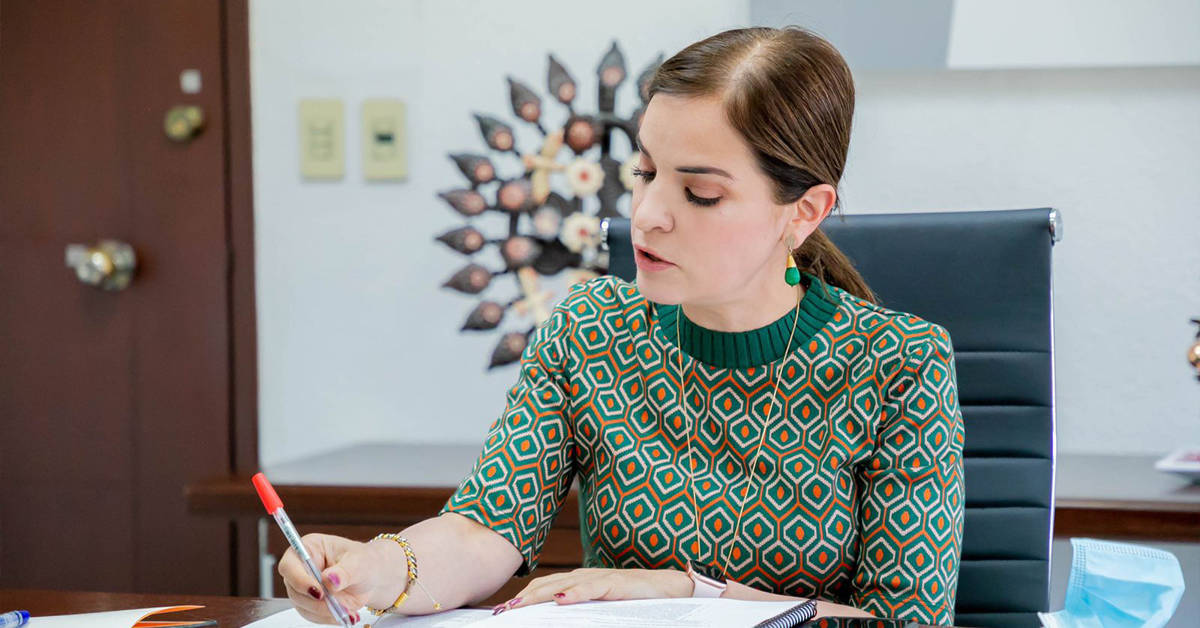
“I believe that the new legislative framework is the great first step for modernization and for making a city truly intelligent in transportation matters”
Puebla’s reputation as one of the Americas’ great seats of learning is something that Bracamonte sees as both a great ally for achieving her goal but also, perhaps, an underused source of intelligent transport talent.
“The State of Puebla comprises 217 municipalities and has many universities that are developing State-of-the-art technology in their research centres. New discoveries and breakthroughs in the field of robotics are being made by the State University and the State Technological University,” she proudly announces. “This could and should have positive repercussions for the city and in the near future I believe that if we continue working towards the notion of a smart city we can achieve good results in a few years, but it is necessary that we continue working in that direction.”
“If we continue working towards the notion of a smart city we can achieve good results in a few years, but it is necessary that we continue working in that direction”
ELECTROMOBILITY
Many cities across the world are implementing electromobility schemes, at the very least including the still burgeoning topic in the sustainable urban mobility plans. Puebla is no different but, as Bracamonte points out, it’s still very early days.
“We have a State energy agency that has been working on some electromobility issues. The agency has worked hand-in-hand with us, experimenting with some projects, and we have been reviewing and accompanying them. We still do not have concrete results of the actions that have been carried out because it is very early,” she adds. “For example, we have just launched an electric bus project for the universities in the form a circuit that goes through several universities with an e-bus. We are seeing how many people use it and if it can be viable, at least for certain places in the city.”
The EV project is not the only electric-powered project that Puebla has in store, however.
“We have another project that we're working on,” Bracamonte confirms. “It's the Ecological Peripheral, a corridor that goes around the entire city from east to west and from north to south, and the project’s aim is that in a couple of years time electric buses will be using the corridor. We undertook a consultation process and we have spoken with some companies like Volvo, and Yutong, several Chinese assemblers that bring this entire electromobility strategy and that is the first step we are taking in this regard. We’re also talking with some European companies: I believe that the modern world is forcing us to change, not only the legal frameworks, but also to carry out specific research actions.”
If your domain is several steps into a citywide electromobility project then it’s clear that the much heralded and desired “smart city status” is much closer to reality than the modest Bracamonte might have our readers believe.
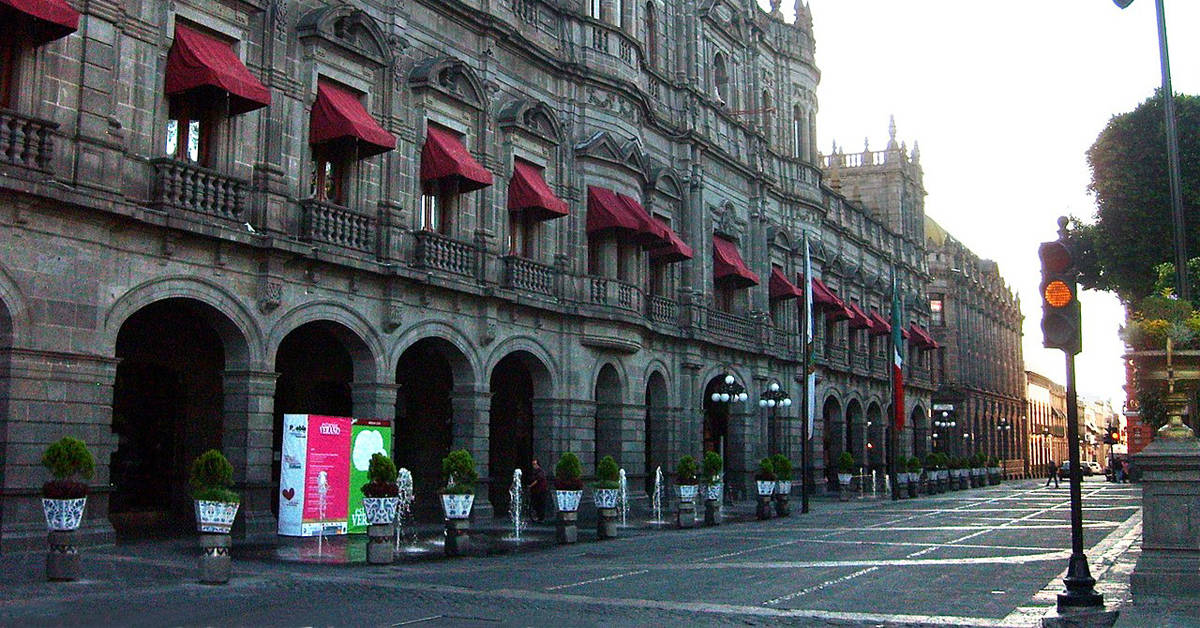
“I think these are the first steps for a city to be smart. Mobility, for me, is a matter that must be treated as part of the security of the Mexican State in particular,” she insists. “We are also working with the Mexican Association of Mobility Authorities (AMAM) to create federal legal frameworks, because we have a system of a Federative Republic like the United States, in which Federalism gives autonomy to the municipalities and gives autonomy to the States, so sometimes there is no adequate coordination, because of that very same autonomy that is granted to the States.”
Puebla is also working with the Federal Government to ensure that the Federal Expenditure Budget determines a budget for each State of the Federation. There are 32 States in Mexico and each one would have a budget assigned according to their needs and also according to population, as Bracamonte explains.
“Mexico City has a larger population in the metropolitan area, but it does not have as many municipalities as Puebla, for example. Puebla is the State with the second largest number of municipalities. So, in that sense, I think we have been making progress in Federal legislation so that there is no injustice because the law is sometimes unfair, in the sense that Mexico City is assigned a greater budget, or to Guadalajara, or to Monterey while other States are assigned very little and that is why the delay is so great and the differences that are noticeable from one city to another.
“For example, you go to Mexico City and you see that there is great modernity and progress in terms of electromobility, but you go to Puebla and you see that there is a great backwardness. And, in addition to everything, they are important cities, so that is where the Federal budget should be equitable for all and as I see it there should be no budget marginalization.”
“For example, you can go to Mexico City and you see that there is great modernity and progress in terms of electromobility, but you come to Puebla and you see that is not necessarily the case”
PERSUADING THE PUBLIC
One of the modern city’s great imponderables is how to convince the travelling public, those that head into the city every day for work, to leave their cars at home and use public transport or ‘personal mobility modes’ to get around. Talk to officials in a similar position to Elsa Bracamonte in Stuttgart or Detroit and they are all wrestling with the thorny issue on a daily basis.
“Until earlier this year we in Mexico didn't even have a mobility and road safety law, it didn't exist,” she replies. “We did not have a legal framework to protect people and pedestrians, nor to encourage the use of bicycles and other alternative means of transport. However, this law was approved in April after being worked on for a couple of years, so finally we have a General Law on Mobility and Road Safety for the entire country.”
The good news doesn’t stop there, particularly for cyclists.
“We’ve seen lots of good practices in other States where a great deal of importance has been given to bicycle lanes, to encourage the use of bicycles. We, for example, have a program where on weekends we close a whole corridor that allows the entire population of the city to cycle. We are linking other municipalities that are close to the Metropolitan area, which we have called a recreational route,” she explains.
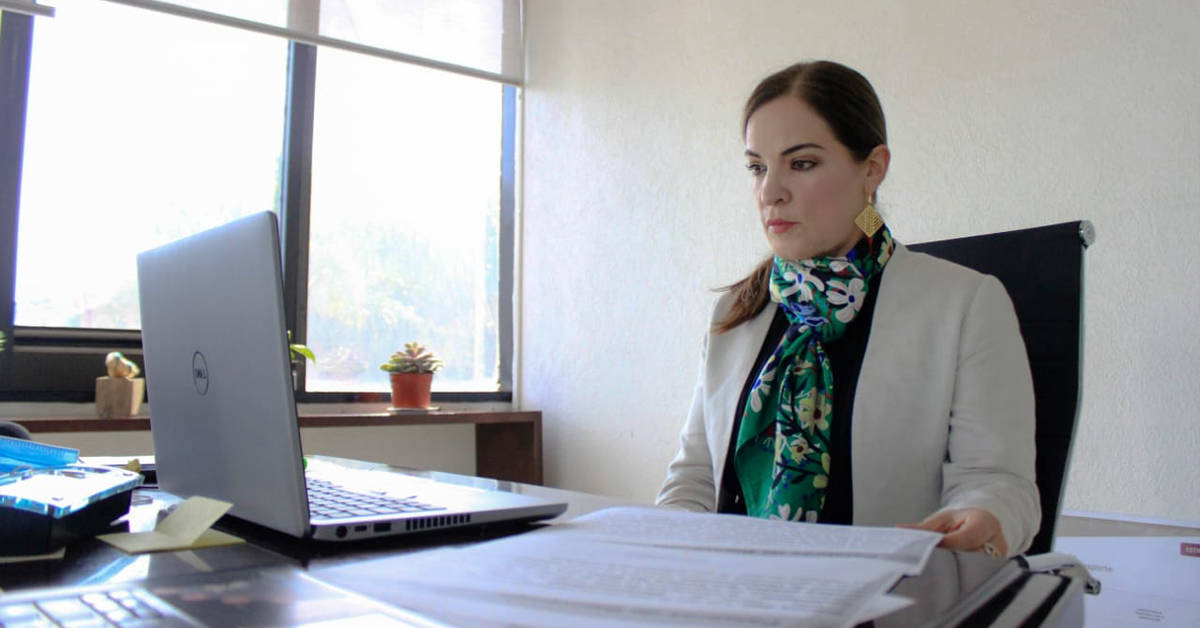
“In Puebla we have a program where on weekends we close a whole corridor that allows the entire population of the city to cycle”
I think that this government, both Federal and the government of Puebla, have been promoting cycling as a healthy and sustainable transport option. I know that violence will decrease, that we will guarantee people's safety, but I don’t just mean on public roads, but we also guarantee comprehensive security because, as I said, many people stopped going out, first because of the violence that existed, then because of the COVID-19 pandemic, no one wanted to return to occupy the roads with the bicycles.
“We must think soon about expanding the bicycle and pedestrian infrastructure to allow people to go for a walk and feel safe doing so,” she continues. “We have cities that were built with the American model that neglected the human being. They did not focus on human beings, they focused on consumerism, on selling cars, on promoting fuel consumption and they did not focus on seeing that human beings have to walk, have to live in a city and want to feel the city as their own.”
“We have cities that were built with the American model that neglected the human being. They did not focus on human beings, they focused on consumerism, on selling cars, on promoting fuel consumption”
TAKING OWNERSHIP
Ownership of a city, or at the very least its citizens feeling as though as they not only belong there but have the sense that it is indeed ‘their’ city, is clearly something very important to Elsa Bracamonte.
“I believe that the appropriation of public space begins by making it one's own,” she says. “From educational training, children are given other civic skills to enable them to feel the city as their own, love the city and take ownership of the city and, in turn, demand from the authorities a greater number of places where that they can walk, play, cycle, and cross without danger. Here in Puebla, I frequently have to say it, and it saddens me a lot, but there are so many accidents involving cyclists and pedestrians and that worries us because it also adds extra pressure on the already-pressurized health service.”
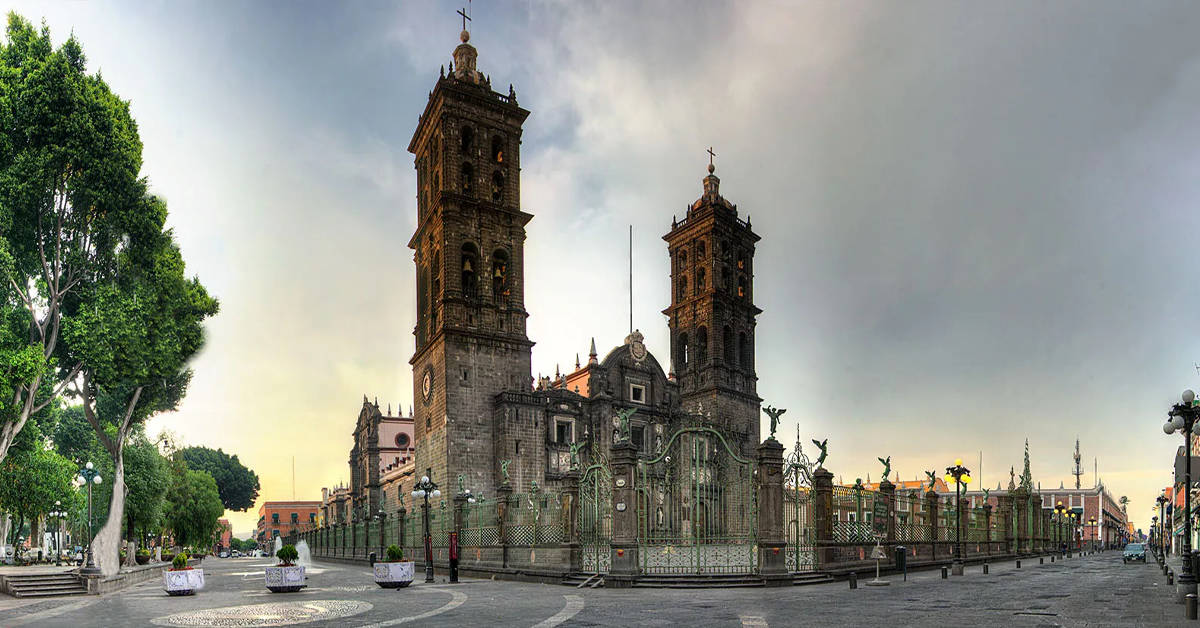
To end on a positive note, Bracamonte is looking forward to a Puebla (and, wider, a Mexico) that is free of corruption – and far from standing back and letting others take the initiative, she is driving her city forward on its quest to be as smart (and clean) as possible.
“Under my charge, we have brought in a certification on anti-bribery, anti-corruption, anti-money laundering, the codes of ethics that are being implemented by the governments of Mexico and in the State government, and I believe that it is also a matter of re-educating the people, because it took centuries to educate the populace about corruption.”
“Under my charge, we have brought in a certification on anti-bribery, anti-corruption, anti-money laundering, the codes of ethics that are being implemented by the governments of Mexico and in the State government”
It goes without saying that this has not been an easy task for Bracamonte – almost as if she is determined to steer Mexico on a more righteous path, starting with Puebla.
“A saying that is used a lot here is that ‘he who does not corrupt, does not advance’ and there’s another that says, ‘a politician that is poor is a poor politician’, so you can see why the idea that money solves everything is prevalent here. I think that what would work would be training from within, from our families, helping to form more committed citizens. I believe that the Secretariat in charge of mobility and transportation has tried to return the citizens to an improved level of humanization - we have sat down to talk with carriers, with civil organizations, with public and private universities. We have signed agreements with the institutions and civil society organizations, with the State Congress, also promoting consultation forums, a kind of open parliament in which they collaborate, in which all citizens can now participate.”
HOPE FOR THE FUTURE
So what is next for the forward-thinking Elsa Bracamonte? What does she want to see happen during her tenure as Mobility and Transportation Secretary?
“I hope that these legal frameworks do not remain a dead letter and that the Federal mechanisms are activated, as we are wanting to do,” she responds instantly. “In fact, we have just participated in the installation of the National Road Safety and Mobility System for the entire country and this system obliges us to install a similar system in each State, so I think that, although it is very difficult to break the mental patterns of citizens, of many Mexicans to start thinking about their neighbour and about other people and how their behaviour impacts on others, I genuinely think we can achieve it.
“We can achieve it not only through legislative frameworks, but also through commitment. This will be beneficial not just for the City and State of Puebla, but for Mexico.”
*With thanks to José Azcárate of ITS Mexico, Elías Chequer Fernández and Luis Alberto Romero García
Share your story
Do you have an innovation, research results or an other interesting topic you would like to share with the professionals in the infrastructure, traffic management, safety, smart mobility and parking industry? The Intertraffic website and social media channels are a great platform to showcase your stories!
Please contact our Sr Brand Marketing Manager Carola Jansen-Young.
Are you an Intertraffic exhibitor?
Make sure you add your latest press releases to your Company Profile in the Exhibitor Portal for free exposure.
